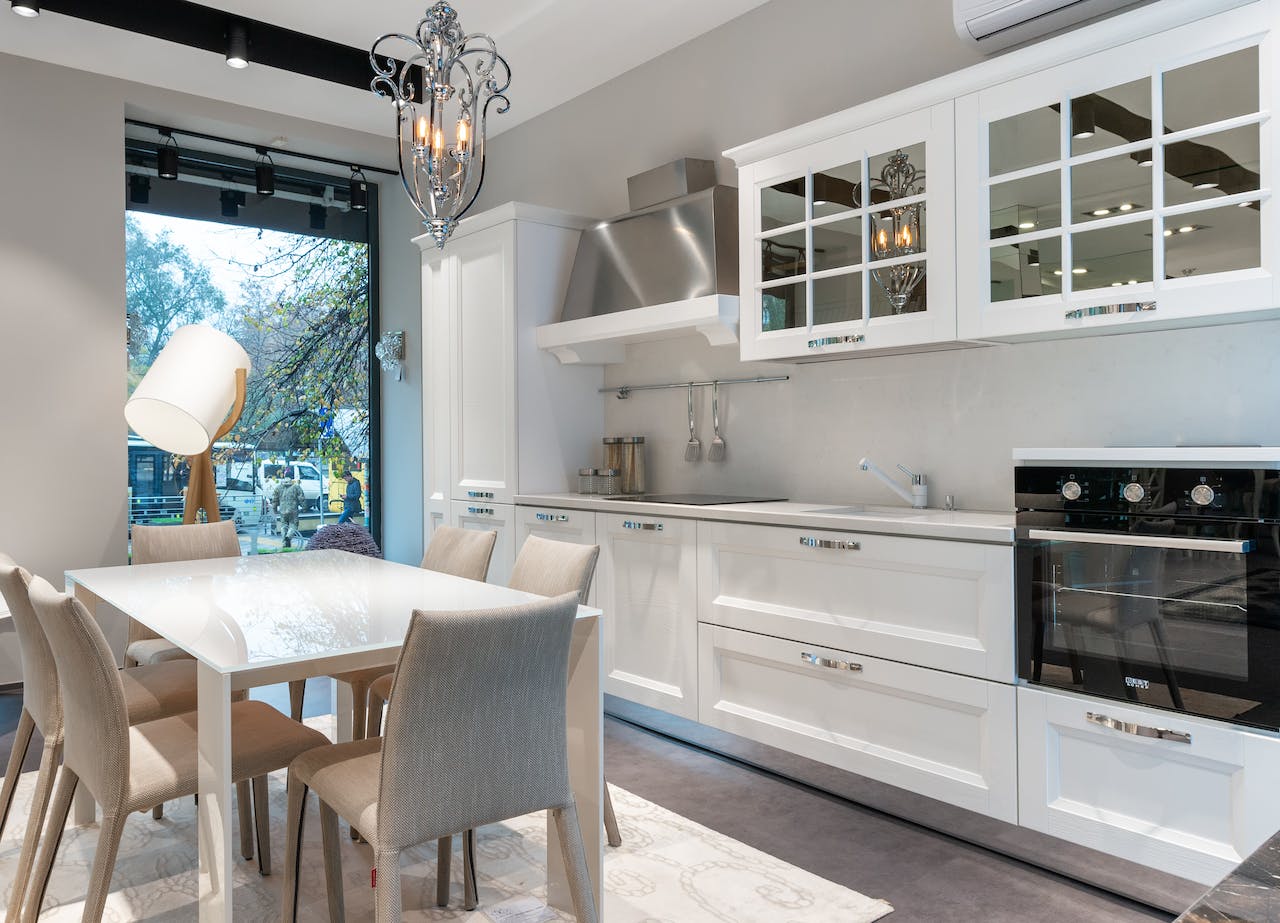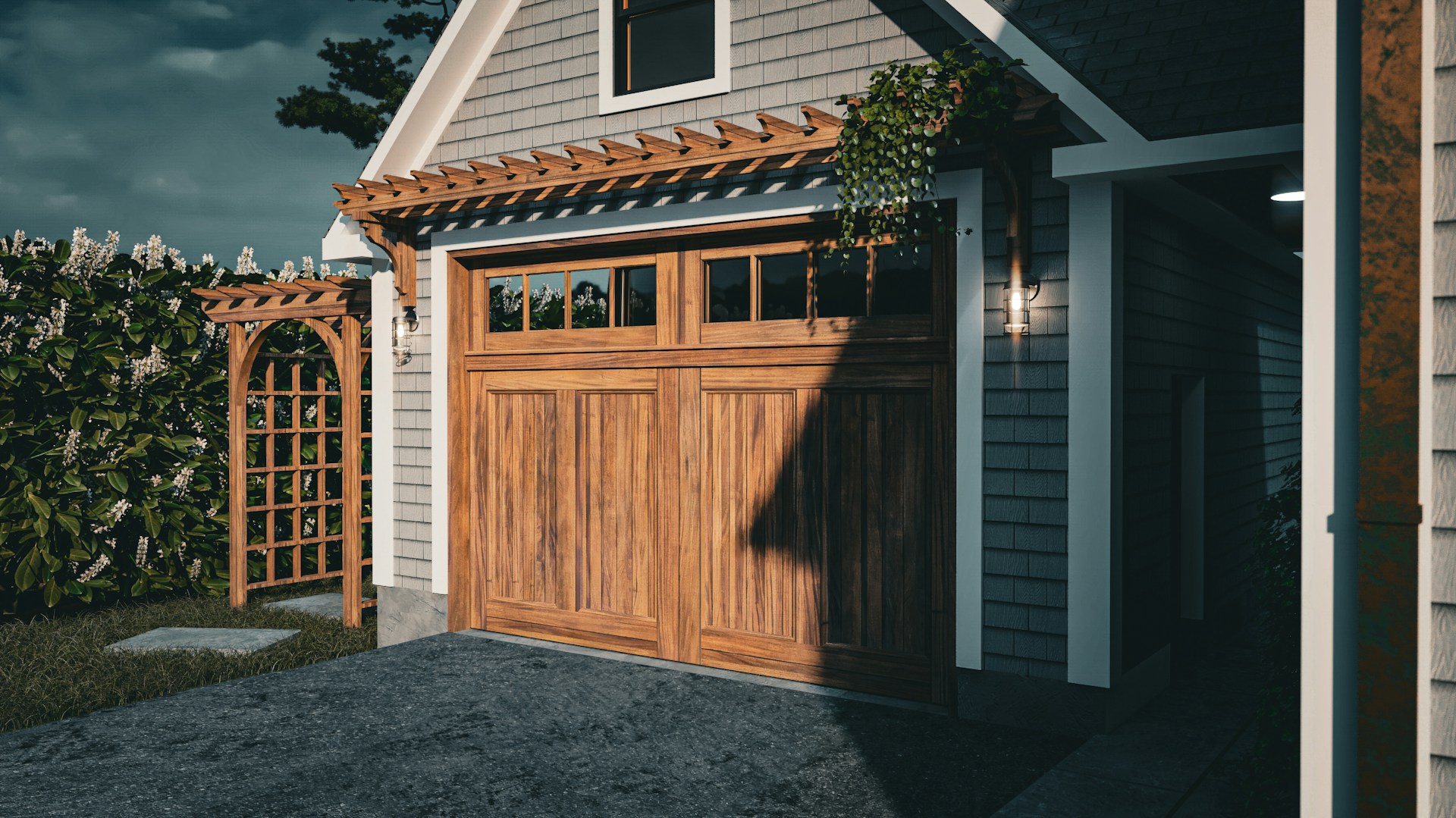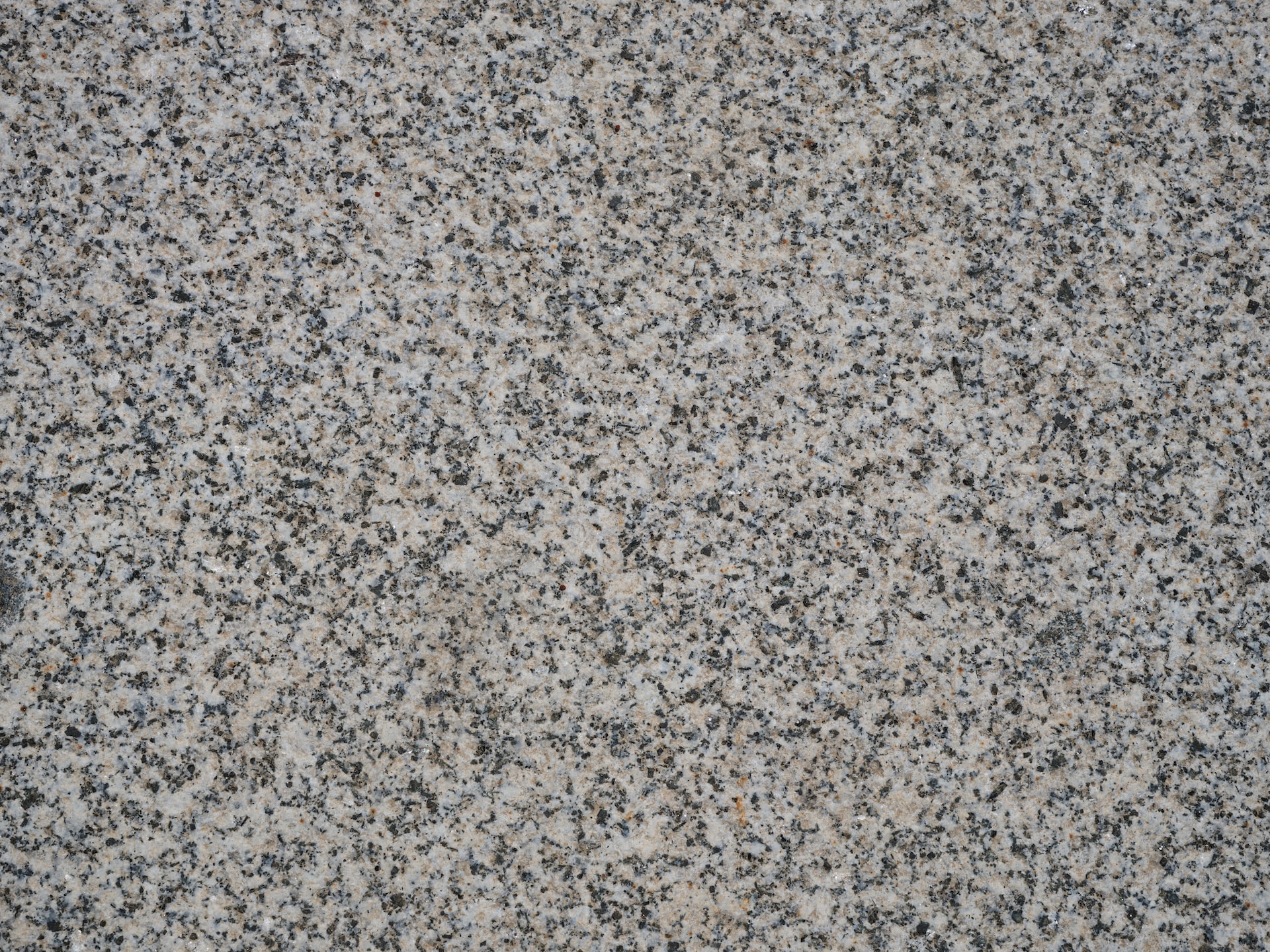Key Takeaways:
- Regular plumbing assessments are pivotal for averting significant repairs and safeguarding property integrity.
- Emerging technological trends in the plumbing sector offer substantial benefits, from enhanced efficiency to environmental sustainability.
- The expertise of professional plumbers is invaluable for intricate assessments and maintenance tasks that require specialized skills.
Table of Contents:
- Why Regular Plumbing Maintenance is Crucial
- Cost-Effectiveness of Preventative Plumbing Maintenance
- Common Plumbing Problems and Their Solutions
- Emerging Trends in Plumbing Technology
- The Role of Professional Plumbers in Maintenance
- How to Select a Reliable Plumbing Service
- Water Quality and Plumbing Maintenance
- Future Prospects: The Evolution of Plumbing Standards
Why Regular Plumbing Maintenance is Crucial
The analogy of ‘a stitch in time saves nine’ fits perfectly within the context of plumbing maintenance. Small leaks and blockages, if neglected, can evolve into catastrophic issues, creating the need for expensive and intrusive repairs. Regular checks and maintenance ensure the smooth operation of your plumbing systems and safeguard your property against potential water damage, which can deteriorate structural integrity and decrease property value. Sometimes, these problems are not visible to the untrained eye, making the knowledgeable intervention of a professional plumber instrumental to the longevity of your plumbing infrastructure.
Cost-Effectiveness of Preventative Plumbing Maintenance
The adage “an ounce of prevention is worth a pound of cure” rings especially true in the context of plumbing. Preventative maintenance is more cost-efficient than the hefty outlays associated with an emergency plumbing repair. Regular maintenance can unearth and rectify small problems before they exacerbate, saving homeowners substantial sums. Furthermore, such proactive care can extend the lifespan of plumbing systems, thus circumventing the need for premature replacements and renovations.
Common Plumbing Problems and Their Solutions
Several common plumbing problems could strike any household. For instance, leaky faucets might seem trivial; however, they can result in significant wasted water and increased utility costs. Addressing such an issue is as straightforward as replacing a worn-out washer or tightening a few fixtures. Similarly, if left unattended, clogged drains can lead to unsanitary conditions and the unpleasant odors associated with backflows. A plunger or a plumber’s snake can often alleviate such concerns. Additionally, low water pressure could be a symptom of more severe problems, such as corroded piping or hidden leaks, necessitating a more in-depth investigation by skilled hands.
Emerging Trends in Plumbing Technology
Innovation in plumbing technologies has burgeoned, ushering in a new era of convenience and efficiency. Smart home systems are assimilating plumbing into their networks, offering real-time monitoring and operational control. Leak detection devices are becoming adept at pinpointing leaks before they become significant problems, sending notifications directly to homeowners’ mobile devices. Touchless faucets, previously found mainly in public or commercial spaces, are becoming a hygienic and water-saving option for residences, eliminating the need to twist knobs or handles and significantly reducing the occurrence of germ transmission in high-contact areas.
The Role of Professional Plumbers in Maintenance
The complexity of plumbing networks often requires the analytical skills and experience of professional plumbers. They are adept at conducting comprehensive inspections, employing specialized tools to diagnose and remedy the myriad issues a plumbing system may experience. Moreover, a professional can recommend and implement measures to prevent recurring problems, thereby extending the life of your plumbing. Relying on a professional for regular maintenance checks can reveal potential issues before they balloon into costly and inconvenient repairs.
How to Select a Reliable Plumbing Service
Choosing the right plumbing service is paramount. An informed decision involves looking beyond cost to consider a plumber’s qualifications, experience, and reputation. Verify whether they are licensed and insured, which reflects a commitment to professionalism and accountability. Reading customer reviews and testimonials can give an idea of the quality and reliability of their service. Ensure the plumbing service you select stands behind its work with solid guarantees and responsive customer service. Equipped with these considerations, you can entrust your home to a plumbing service that is both skilled and customer-centric.
Water Quality and Plumbing Maintenance
Water constitutes a vital resource for any household, and its quality is significantly influenced by the condition of one’s plumbing systems. If not properly maintained, aging pipes may leach harmful substances like lead or foster the growth of pathogenic bacteria. Periodic maintenance can mitigate such risks, ensuring tap water remains safe and clean for consumption. Additionally, when maintained correctly, appropriate water treatments and filtration systems can improve water quality and contribute to the health and well-being of all occupants.
Future Prospects: The Evolution of Plumbing Standards
The future portends an exciting chapter for the plumbing industry, marked by a transition toward greener and more technologically advanced practices. As environmental considerations become increasingly vital and regulatory standards tighten, the industry is set to adopt more sustainable materials and water-efficient technologies. This shift will likely introduce new fixtures, systems, and innovations to reduce aggregate water consumption and ensure a harmonious balance with the environment. The implications for homeowners are vast—from cost savings to participation in a global movement toward sustainability.




